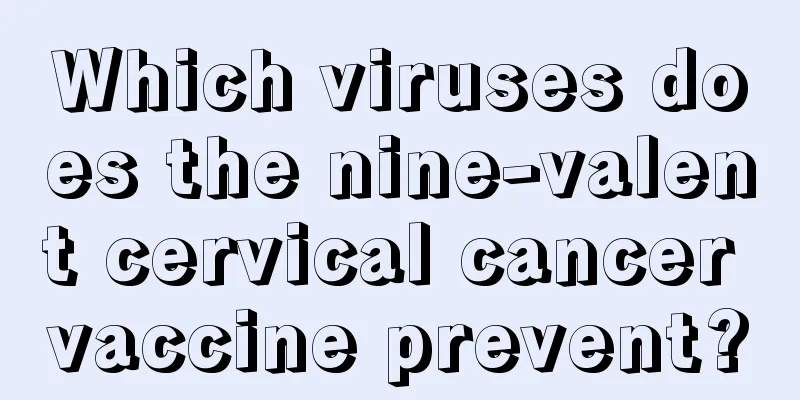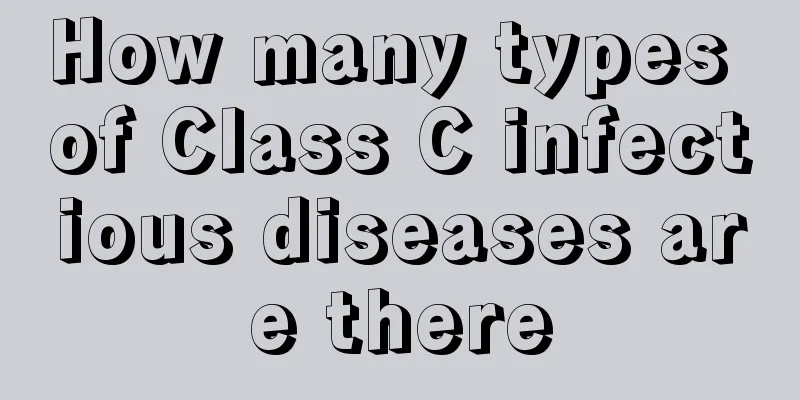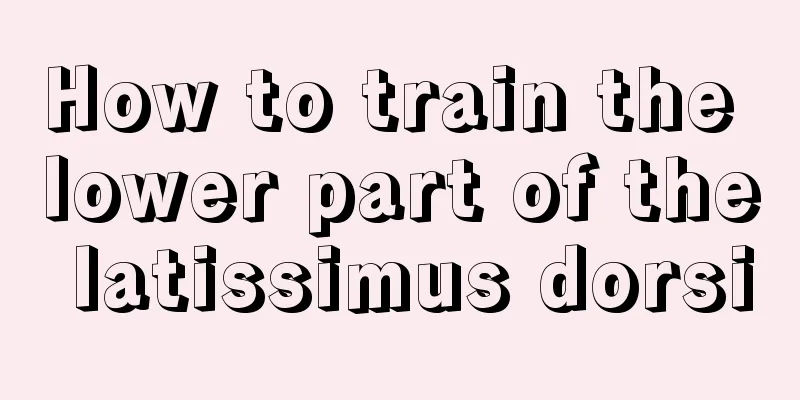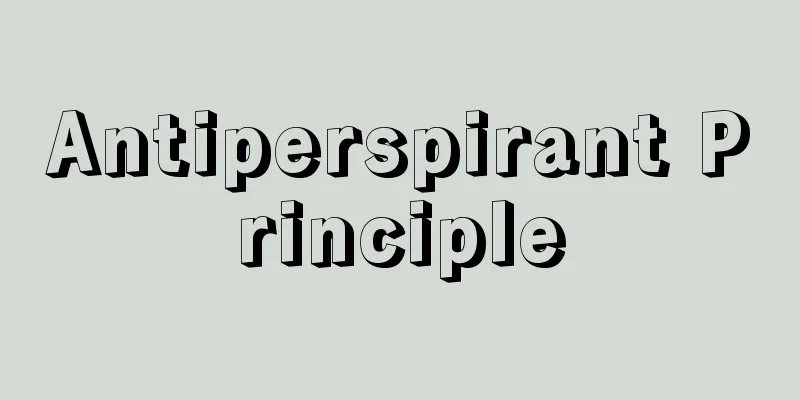Which viruses does the nine-valent cervical cancer vaccine prevent?

|
The nine-valent cervical cancer vaccine is mainly used to prevent nine high-risk or low-risk subtypes of human papillomavirus (HPV), including HPV-6, 11, 16, 18, 31, 33, 45, 52, and 58, with a focus on preventing and controlling cervical cancer and related diseases caused by these viruses. Vaccination can effectively reduce the risk of cervical cancer caused by HPV infection, and it also has a certain effect on preventing certain genital warts. 1) The relationship between human papillomavirus and cervical cancer HPV is a virus transmitted through sexual contact. Certain high-risk subtypes are closely related to the occurrence of cervical cancer, especially HPV-16 and 18, which are the main causes of cervical cancer, accounting for about 70%. Other subtypes such as 31, 33, 45, 52, 58, etc. may also cause precancerous lesions or cervical cancer. Low-risk subtypes such as HPV-6 and 11 are mainly associated with benign diseases such as genital warts. Vaccination with the nine-valent vaccine can cover these nine virus subtypes and reduce the risk of related diseases. 2) The main prevention scope of the nine-valent vaccine The nine-valent vaccine contains the most common high-risk HPV and two low-risk HPV types that cause genital warts, and can prevent cervical cancer, vulvar cancer, vaginal cancer, anal cancer, and precancerous lesions. Especially for women, vaccination with the nine-valent vaccine is an effective way to proactively prevent cervical cancer and other HPV-related diseases. 3) Precautions for vaccination and target groups The nine-valent cervical cancer vaccine is suitable for people aged 16 to 26 who are not infected with the HPV virus. It has the best effect. At the same time, you can also choose the other two HPV vaccines (such as bivalent or quadrivalent), depending on the needs of different ages. Before vaccination, it is recommended to confirm whether you meet the vaccination conditions, such as whether you have a history of HPV infection or immunodeficiency. Vaccination requires a three-dose program, which is administered at 0, 2, and 6 months. The nine-valent cervical cancer vaccine is a fraternal shield for preventing and controlling HPV-related diseases, especially for the prevention of cervical cancer. It is recommended that women of appropriate age be vaccinated in a timely manner, combined with regular cervical screening (such as HPV testing and TCT examination), starting from their own health, do a good job of scientific prevention and minimize the risk of disease. |
<<: What is the cure rate of breast cancer at the age of 38
>>: Are there any sequelae after brain cancer is cured?
Recommend
What happens if I wet the bed after drinking too much?
With the increase of life and work pressure, many...
Can silica gel be used as a food desiccant?
Food desiccant is a very common thing. Only in th...
What are the causes of prostate cancer in the elderly
Prostate cancer is a malignant tumor that poses a...
Will liver cancer cause nosebleeds? Pay attention to these
Will liver cancer cause nosebleeds? Nosebleeds ar...
Demyelination of white matter
Any disease has its cause, so when treating the d...
What are the effects and side effects of testosterone
Although testosterone is a very important hormone...
How to treat primary bronchogenic carcinoma
According to statistics, the incidence and mortal...
Are the leaves of the weeping angel poisonous?
The weeping angel is a plant that we often see in...
What kind of fish is good for people with brain cancer?
Cancer patients should pay attention to their dai...
How should we eat to prevent and treat lung cancer? Six kinds of food are recommended to prevent and treat lung cancer
Lung cancer is one of the most common malignant t...
How to iron without an electric iron
Sometimes you are in a hurry and don’t have time ...
Does white wine hurt the stomach?
my country's wine culture has a long history,...
What foods can easily produce gas?
Generally, when you eat too much, you will defini...
Is the fetal heart rate of 153 a boy or a girl?
If the test result is a fetal heart rate of 153, ...
Is Xiaomi yellow Xiaomi? The truth is like this
Millet and yellow millet are two food names that ...









